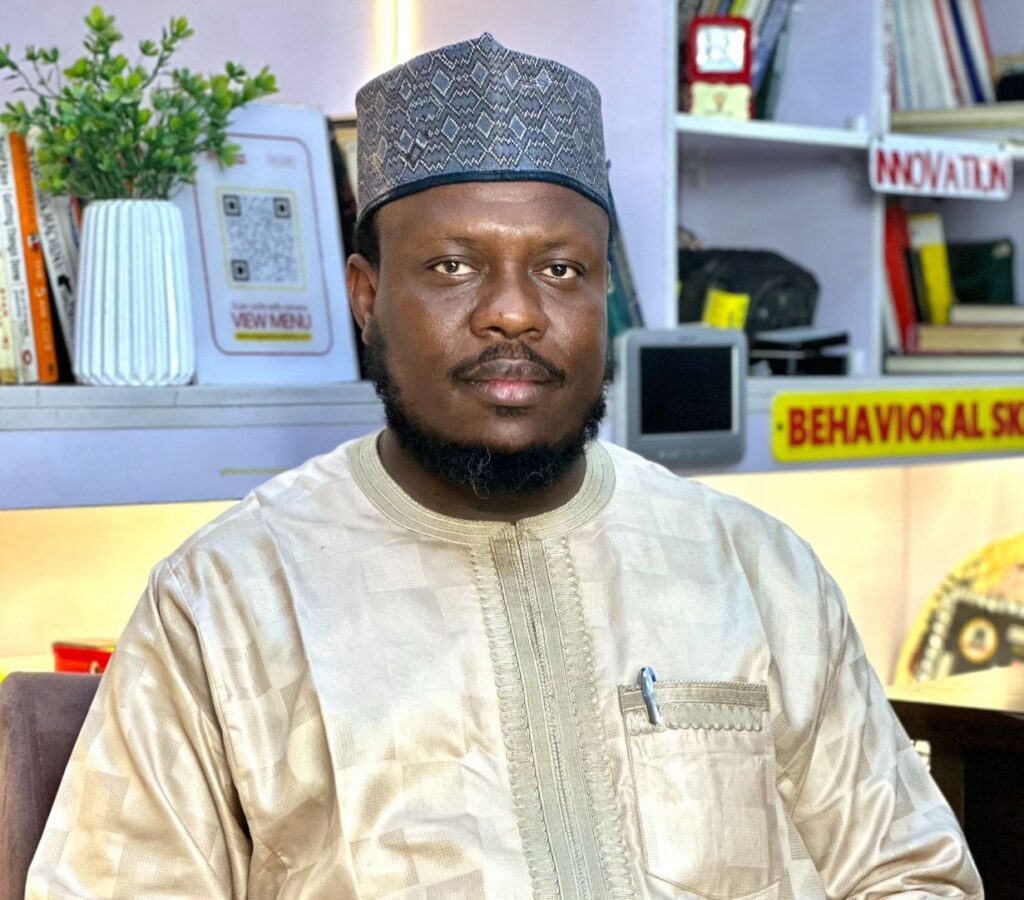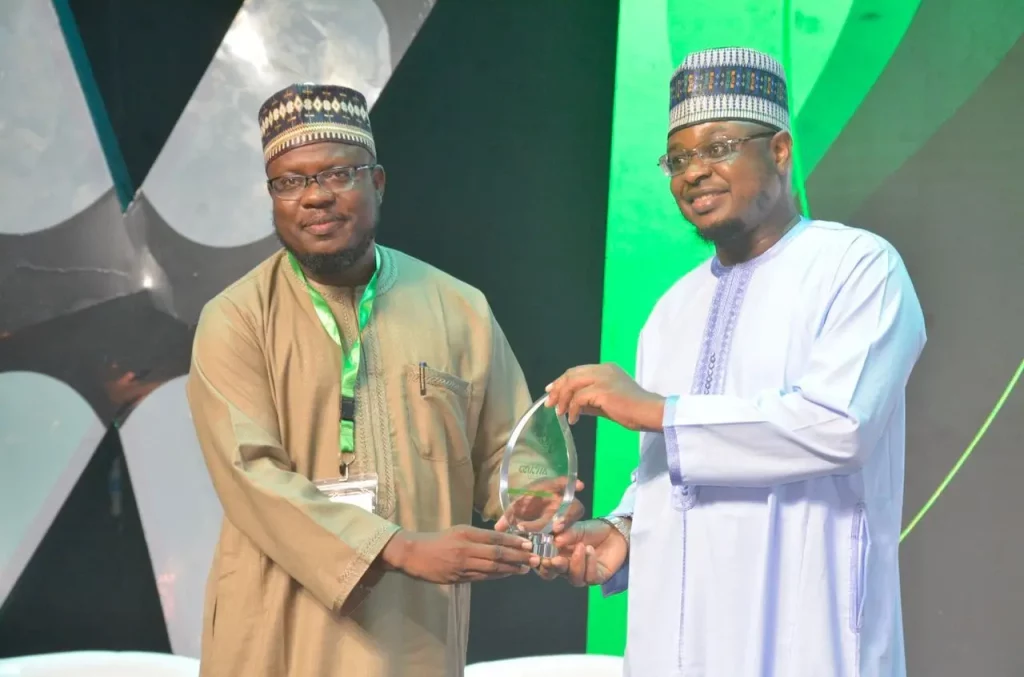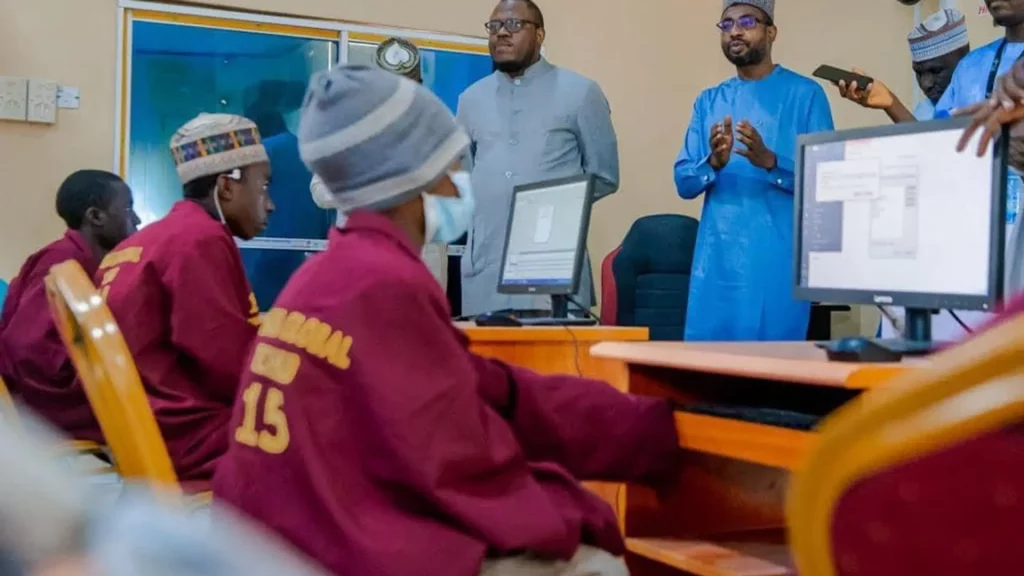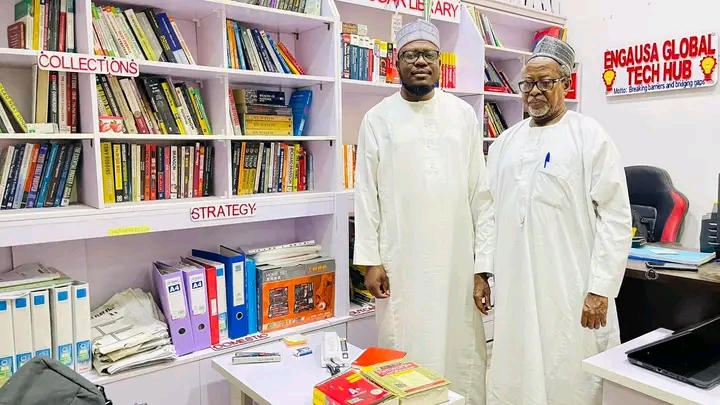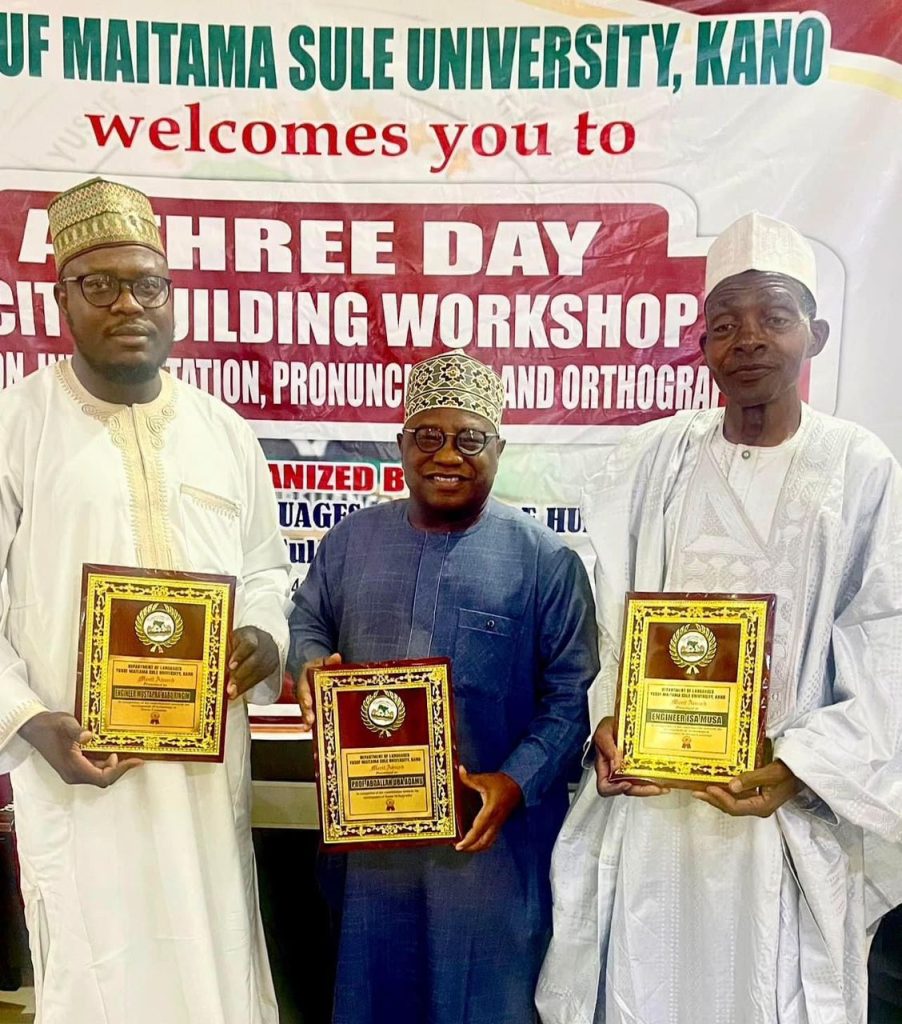By Engr. Mustapha Habu Ringim, MCPN, MNSE, QAA, HCSA
CEO ENGAUSA Global Tech Hub
Founder ENGAUSA Skills Development Foundation
For over six years, we’ve been championing inclusive, mother-tongue-based TVET and digital skills development, especially for Almajiris, out-of-school children, and marginalized youth, including unemployed and underemployed university and polytechnic graduates in Northern Nigeria and beyond.
Through our innovative model at ENGAUSA GLOBAL TECH HUB, we’ve successfully trained over 6,000 learners in technical and digital skills using a blend of Hausa and English languages making technology not just accessible but truly understandable. This unique approach removes the intimidation that often comes with unfamiliar languages, thereby fostering deeper comprehension and practical application.
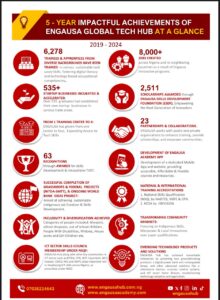 What’s more inspiring is that some of our learners, who never had the opportunity to attend formal universities or polytechnics, are now employing graduates of such institutions in their tech-driven businesses. This is a clear testament to the power of breaking language barriers in skills acquisition and economic empowerment. They are active players in the digital economy building startups, fabricating smart devices, installing solar systems, and more right from the grassroots.
What’s more inspiring is that some of our learners, who never had the opportunity to attend formal universities or polytechnics, are now employing graduates of such institutions in their tech-driven businesses. This is a clear testament to the power of breaking language barriers in skills acquisition and economic empowerment. They are active players in the digital economy building startups, fabricating smart devices, installing solar systems, and more right from the grassroots.
We have seen firsthand how language inclusion removes fear, builds confidence, and accelerates learning especially in areas such as Computer Networking, CCTV and Solar Technology, IoT, Robotics, Mechatronics, Creative Media, and other forms of digital literacy-based entrepreneurship. These young learners are thriving as digital creators and tech-enabled entrepreneurs in communities that were once disconnected from formal educational systems and the modern economy.
However, despite the clear success of these models, there is a growing argument in Nigeria’s academic and policy circles questioning the relevance of local languages in modern education. Many respected elites fall into the trap of limiting the perceived benefits of language inclusion to the early years of basic education only. This neglects the research-backed findings of Prof. Ayo Bamgbose and Prof. Aliu Babatunde Fafunwa, especially the latter’s pioneering work at Obafemi Awolowo University in the 1970s, which proved that students taught in their mother tongue outperformed their peers in various cognitive and technical disciplines.
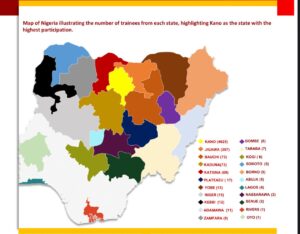 Critics also argue that the use of local languages as the medium of instruction in schools in developed countries was not foundational to their socio-economic growth. But this view overlooks more recent evidence from emerging economies like Malaysia, where local language inclusion played a crucial role in creating a strategic framework for human capital development, national unity, and technological advancement. Malaysia’s shift toward Bahasa Malaysia in education and administration fostered a stronger national identity and helped close the access gap to science and technology across various socio-economic classes.
Critics also argue that the use of local languages as the medium of instruction in schools in developed countries was not foundational to their socio-economic growth. But this view overlooks more recent evidence from emerging economies like Malaysia, where local language inclusion played a crucial role in creating a strategic framework for human capital development, national unity, and technological advancement. Malaysia’s shift toward Bahasa Malaysia in education and administration fostered a stronger national identity and helped close the access gap to science and technology across various socio-economic classes.
Another common misconception is that Nigeria’s multiethnic and multilingual composition makes it impossible to implement language-inclusive policies without marginalizing minority groups. Yet, countries like Canada, Finland, Switzerland, and Singapore which also have diverse linguistic populations have made remarkable strides by promoting multiple official languages rather than relying on just one. These nations adopted their most widely spoken local languages, alongside others where necessary, to ensure inclusivity, cultural representation, and effective communication at all levels of society, including the grassroots. Similarly, Nigeria can adopt Hausa, Yoruba, and Igbo as official languages within their respective geopolitical regions, alongside English, to foster inclusion and strengthen educational and developmental frameworks. Multilingual official language systems are already a norm in many parts of the world.
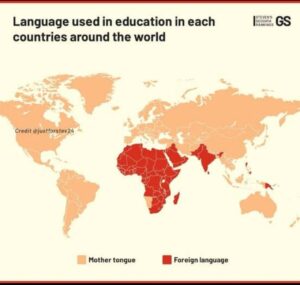 In addition, the current global trend in AI research is further validating the importance of local languages. With Natural Language Processing (NLP) and Deep Learning, tech giants and researchers are now focusing on indigenous languages to build AI models that reflect the linguistic and cultural realities of diverse populations. This means local languages are no longer just communication tools they are now data assets powering innovation. From voice assistants to machine translation and sentiment analysis, local languages are being integrated into AI systems to ensure more accurate and accessible digital solutions for non-English speakers.
In addition, the current global trend in AI research is further validating the importance of local languages. With Natural Language Processing (NLP) and Deep Learning, tech giants and researchers are now focusing on indigenous languages to build AI models that reflect the linguistic and cultural realities of diverse populations. This means local languages are no longer just communication tools they are now data assets powering innovation. From voice assistants to machine translation and sentiment analysis, local languages are being integrated into AI systems to ensure more accurate and accessible digital solutions for non-English speakers.
At ENGAUSA, our experience proves that language is not a barrier it is a bridge. And when we build that bridge with purpose and inclusivity, the results are transformative not just socially, but economically. Our work aligns with the global shift toward contextualized, community-based learning and innovation, showing that sustainable development is most effective when people learn and innovate in the languages they understand best.
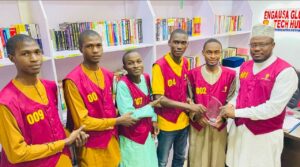 Now is the time to reimagine education, digital empowerment, and economic development through multilingual strategies that reflect our cultural realities. If we are serious about ending exclusion and fostering innovation at scale, we must recognize that language inclusion is not optional it is foundational, and linguistic diversity does not hinder development; in fact, it can fuel it when properly managed and embraced.
Now is the time to reimagine education, digital empowerment, and economic development through multilingual strategies that reflect our cultural realities. If we are serious about ending exclusion and fostering innovation at scale, we must recognize that language inclusion is not optional it is foundational, and linguistic diversity does not hinder development; in fact, it can fuel it when properly managed and embraced.
Join Us Today!
For more information:
Website: [www.EngausaHub.com.ng]
Contact:📞 Phone: 07038224643 (WhatsApp and Telegram)
📧 Email: [email protected]
